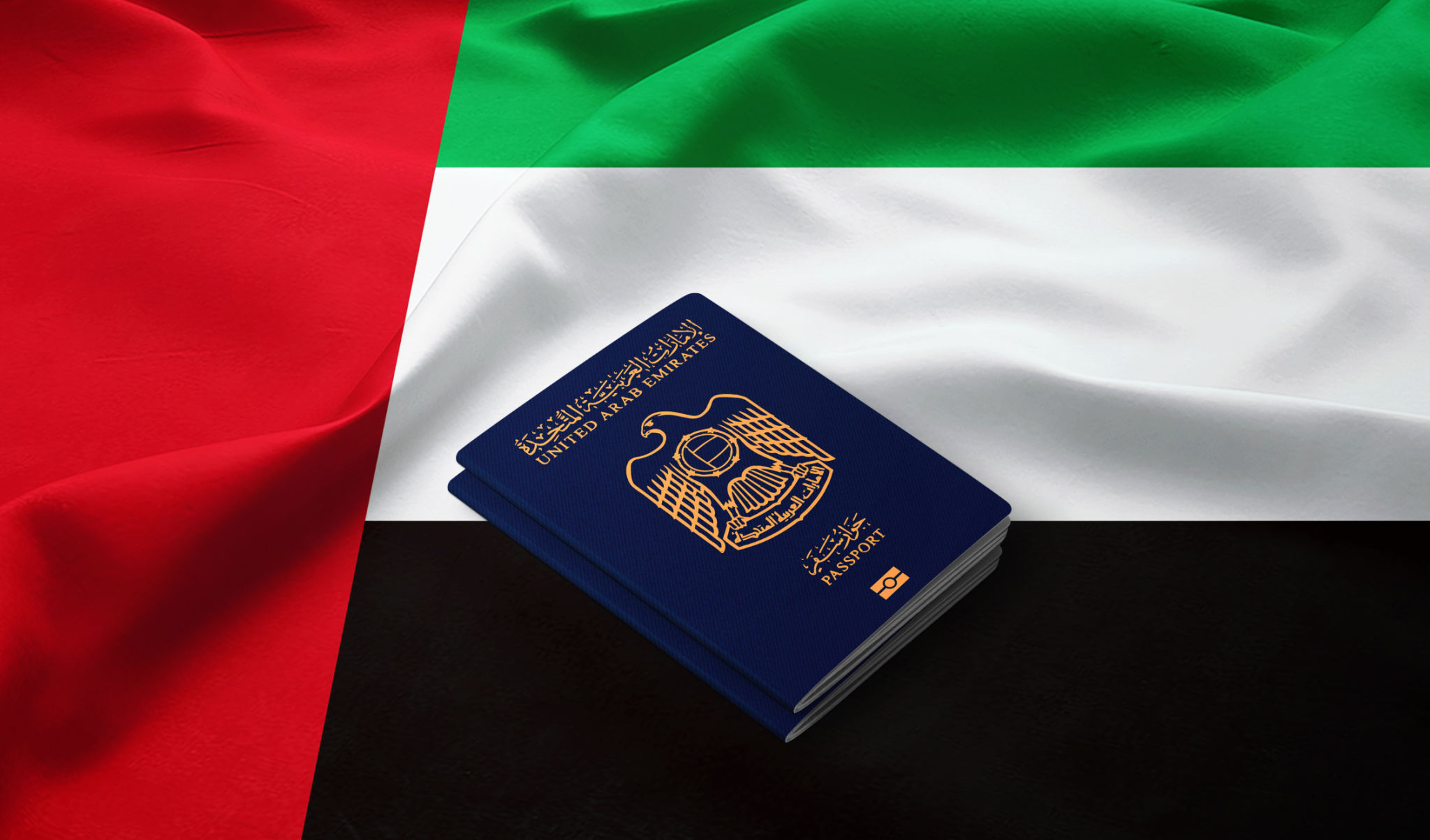Starting a Business in Dubai: Navigating the Legal and Regulatory Landscape
Starting a business in Dubai presents a myriad of opportunities, thanks to its strategic location, robust infrastructure, and business-friendly environment. However, navigating the legal and regulatory landscape can be challenging for newcomers. Understanding the essential legal requirements and processes is crucial for a smooth business setup.

Understanding the Business Environment in Dubai
Dubai is known for its dynamic economy, making it an attractive destination for entrepreneurs. The city offers various free zones, each catering to different industries, providing tax incentives and 100% foreign ownership. However, choosing the right location requires careful consideration of your business type and target market.
The legal framework in Dubai is based on international standards, but it incorporates local customs and regulations. It is important to familiarize yourself with these guidelines to ensure compliance and avoid potential legal hurdles.
Legal Structures for Businesses
When starting a business in Dubai, selecting the appropriate legal structure is vital. The most common structures include:
- Limited Liability Company (LLC): Requires local sponsorship with at least 51% local ownership.
- Free Zone Company: Allows full foreign ownership but is limited to operating within the designated free zone.
- Sole Proprietorship: Suitable for individual entrepreneurs, with complete control over the business.
Each structure has its advantages and limitations, influencing factors such as liability, tax obligations, and operational freedom.

Licensing and Registration Process
Obtaining the appropriate business license is a critical step in establishing your company in Dubai. The Department of Economic Development (DED) oversees the licensing process for mainland businesses, while free zone authorities manage licenses within their respective areas.
The type of license required depends on the nature of your business activities, which can be classified into commercial, industrial, or professional categories. It is essential to conduct due diligence to determine the correct license type and ensure all necessary documentation is prepared and submitted.
Key Steps in the Registration Process
- Select a suitable business name and structure.
- Submit initial approval from relevant authorities.
- Draft and notarize the Memorandum of Association (MOA).
- Obtain required regulatory approvals based on your industry.
- Complete the licensing and registration process with the DED or free zone authority.

Compliance with Local Regulations
Operating a business in Dubai requires adherence to numerous local regulations, including labor laws, immigration policies, and industry-specific standards. Ensuring compliance is crucial to maintaining good standing with authorities and avoiding penalties or disruptions to your business operations.
Hiring legal consultants or business advisors who are well-versed in Dubai's regulatory environment can be beneficial in navigating these complexities. They can provide valuable insights and guidance on best practices for compliance and risk management.
By understanding the legal and regulatory landscape, entrepreneurs can successfully launch and grow their businesses in Dubai, capitalizing on the city's vibrant economy and strategic location. With thorough planning and adherence to local laws, your venture can thrive in this dynamic market.